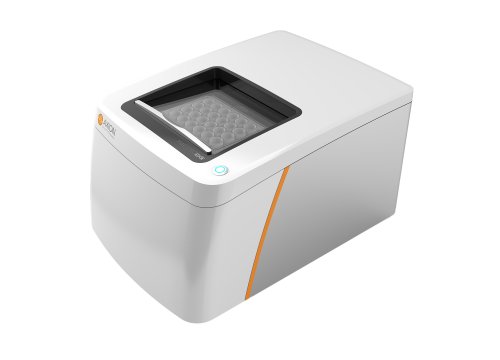Hsieh Y-C, Negri J, He A, Pearse II RV, Liu L, Duong DM, Chibnik LB, Bennett DA, Seyfried NT, Young‑Pearse TL
Molecular Degeneration, 2022
Scientists examine the neurotoxic effects of Alzheimer’s disease pathology with Axion’s next-generation Maestro MEA platform and establish a system for modeling neuronal vulnerability in vitro.
Understanding the pathogenesis and progression of Alzheimer’s disease (AD) is essential for the development of new therapeutics but modeling the complexities of the human brain in vitro is a challenge. In this study, scientists used cultured neurons from postmortem human patients with varying AD severity and primary rat or human induced pluripotent stem cell (iPSC)-derived neurons exposed to human brain extracts on Axion’s noninvasive, label-free Maestro multielectrode array (MEA) platform to assess neuronal activity in vitro. Together with results from neurite integrity assays, the findings “establish a platform for modeling neuronal vulnerability in response to factors endogenously present in the human brain and provide insights into proteins potentially contributing to AD pathogenesis.”


